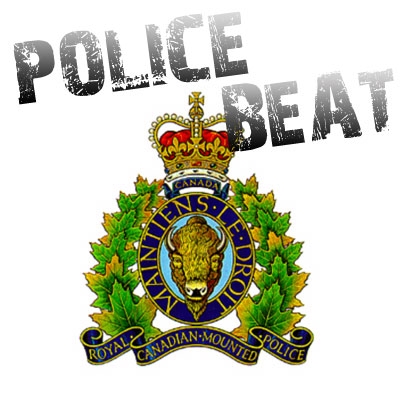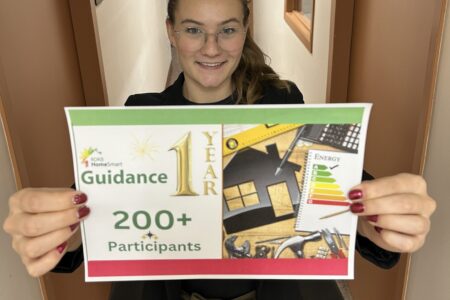Workshop to help people guard against scams and frauds
Police reported a Castlegar woman being robbed through a telephone scam last week, with more victims falling prey to fraudsters in Grand Forks,
In light of these developments, the BC Securities Commission and the Better Business Bureau will be presenting a workshop, Learn to protect yourself from scams and frauds, in Castlegar on May 13. (Contact 250-365-2104 ex. 42 for more information).
Source sister paper, the Boundary Sentinel, gathered this information to help residents recignize a scam call should they get one:
With the advent of the “National Do Not Call Registry” one would think that the days of the “crank call” would be over. But you can still get one of these calls, because the person on the other end of the telephone isn’t just a “crank,” but a someone who wants to separate you from your money, and possibly take your entire identity. They like to prey on older citizens, who may be lonely and enjoy getting a call “from a nice young person.”
They will tell you that you have won something, or that a relative or friend of yours is injured or ill, or that they are in desperate straits and “could you please help them.” This list may not be inclusive, but it covers many of the known scams. Their intent is to get your attention and keep you on the telephone long enough to gain your trust. Once they’ve done that, they can start “reeling you in.” What better way to get your attention: the lure of money, a free vacation, an injured relative, or a stock that will triple in one week.
Here are some suggestions to prevent fraud to follow:
1. Unless you initiated the telephone call to a known entity; such as your bank, your insurance company, or your stock broker; never give the caller one piece of personal or financial information. In the case that you initiated the call, yes, it is common for your bank or brokerage institution, or a medical facility to ask enough questions (possibly for a pre-established password, or the last four digits or your Social Security Number), to establish that you are who you say you are.
2. It is rare for a banking or brokerage institution to call you for any information. If they are your bank, they already know everything about you.
3. It is possible for a bank or credit card company to call you; for instance, they see a pattern of credit card purchases that is out of the ordinary for your account or a series of unusual withdrawals from your bank account. In this case, make them provide you enough information that you are certain that they are who they say they are. Or, make them give you an 800 telephone number (hopefully, matching the one on the back of your credit card or on your bank statement) and an extension where you can immediately call them back. In any event, you should not need to provide them an account number (remember, they should know that), or any other personal information. They would typically just ask whether you made a particular purchase on a particular date for a certain amount of money. They should be the ones providing the information – not you.
4. Never let a caller, no matter how desperate or pathetic they may sound, talk you into punching a series of numbers on your phone “so they can call their dying mother long-distance for a few minutes.” There really is a technique (which exploits 3-way calling capabilities) where someone can “take over” your telephone. They can remotely make call after call, charged to your telephone, to people all over the world.























Comments